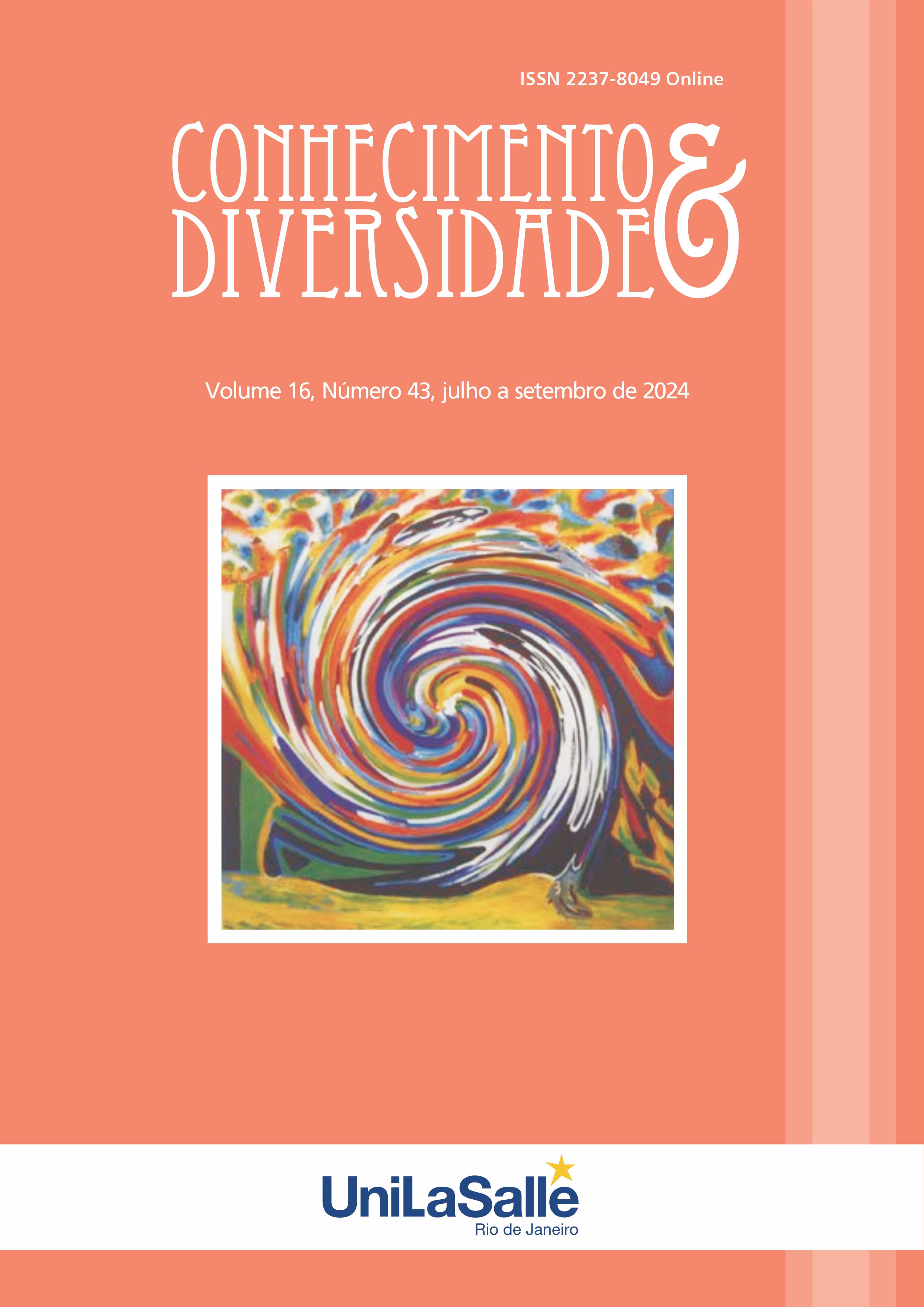INTERACTIVE MEDIA AND THEIR EDUCATIONAL PROCESSES IN THE AGE OF DIGITAL COMMUNICATION
DOI:
https://doi.org/10.18316/rcd.v16i43.11849Keywords:
educational environment, management, control, information environment, digitalization, communicationsAbstract
The article analyzes and systematizes and education the theoretical and practical basis for the design of visual communication signs in the context of the transformation of the graphic form of the sign, methods of their meaning formation, complication and increase in functional tasks. The process of interaction between a person and the interactive environment of electronic communication through the “user-computer” connection has been studied. The signs of the interactive environment of the graphical user interface are classified based on possible communication connections and areas of application. A comparative analysis of the avant-garde trends in fine art and design of the 20th century in European countries and the modern interactive environment of electronic communication in the context of the formation of their internationality was carried out. Models of the conceptual and semantic foundations of the interactive environment of electronic communication have been developed and factors influencing their graphics have been identified. Features of the design of Internet communication are revealed. Practical recommendations for the design of an interactive electronic communication environment have been developed. The prospects for using the interactive environment are determined.
References
CASAS, J.P., Educating the Digital Generation: Exploring the Role of Teacher Education to Prepare for Digital Learners. Journal of Teacher Education and Professional Development, 3(1), 25-39, 2020.
GARDNER, H. The App Generation: How Today's Youth Navigate Identity, Intimacy, and Imagination in a Digital World. Yale University Press, 2013.
PRENSKY, M. Teaching Digital Natives: Partnering for Real Learning. Corwin Press, 2010.
TAPSCOTT, D. Growing Up Digital: The Rise of the Net Generation. McGraw-Hill, 1998.
TURKLE, S. Alone Together: Why We Expect More from Technology and Less from Each Other. Basic Books, 2011.
MILLS, K. A. Literacy Theories for the Digital Age: Social, Critical, Multimodal, Spatial, Material and Sensory Lenses. Multilingual Matters, 2016.
WARSCHAUER, M. Technology and Social Inclusion: Rethinking the Digital Divide. MIT Press, 2004.
LANKSHEAR, C., & KNOBEL, M. Digital Literacies: Concepts, Policies and Practices. Peter Lang Publishing, 2008.
JENKINS, H., ET AL. Confronting the Challenges of Participatory Culture: Media Education for the 21st Century, MIT Press, 2009.
ALKALI, Y. E., & AMICHAI-HAMBURGER, Y. Experiments in Digital Literacy. CyberPsychology & Behavior, 7(4), 421–429, 2004.
BAWDEN, D. Information and digital literacies: A review of concepts. Journal of Documentation, 57(2), 218–259, 2001.
ESPINOSA, E. O. C., RUIZ, J. A. C., & MERCADO, M. T. C. The Training of the Digital Competence at the Postgraduate Level for a Knowledge-Based Economy. In IT and the Development of Digital Skills and Competences in Education, pp. 82–99, 2021.
ESTEVE-MON, F., CELA-RANILLA, J. M., & GISBERT-CERVERA, M. ETeach3D: Designing a 3D virtual environment for evaluating the digital competence of preservice teachers. Journal of Educational Computing Research, 54(6), 816–839, 2016.
EUROPEAN COMMISSION. Key competencies for lifelong learning. DOI: 10.2766/569540, 2019.
Downloads
Published
Issue
Section
License
Copyright (c) 2024 Nonna Varekh, Petro Kvitkin , Iryna Diatlova , Igor Budur , Mykola Buhas

This work is licensed under a Creative Commons Attribution 4.0 International License.
As recommended by the Public Knowledge Project, RCD adopts for its articles a CREATIVE COMMONS Attribution CC BY 4.0 license.
This license allows others to distribute, remix, adapt and build upon your work, even commercially, as long as they credit you for the original creation.
This is the most appropriate license offered.
Recommended for maximum dissemination and use of licensed materials.



